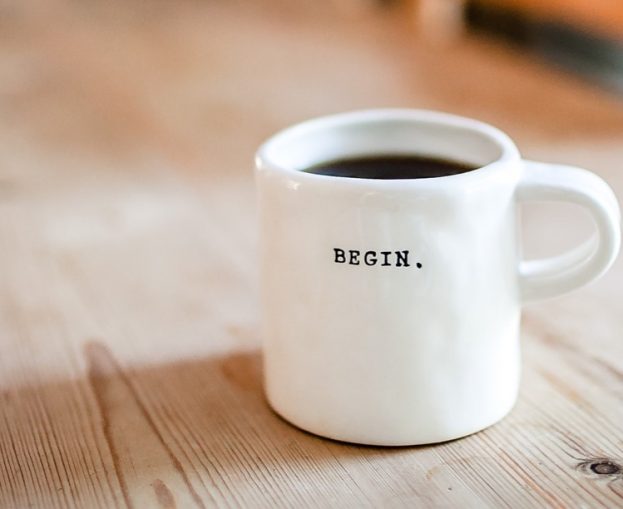Living With A Disability
What is it like to live with a developmental disability?
People with developmental disabilities are just like you: They have their own individual likes and dislikes, hopes and dreams. They just want to lead a normal life.
But for someone with a disability, normal is different. Things that seem like everyday tasks—going to the grocery store, paying rent, taking the bus—are actually huge successes and achievements to be celebrated.
Living with a disability is all about learning how to take your strengths—many of them realized after lots of practice and special effort—and make them work for you in the world. It’s about learning what you can do, and what you need help with, and putting them together to live the most independent life possible.
Keep in mind that people with developmental disabilities face significant stigma out in the world; it’s not uncommon for people to respond to them with fear or puzzlement or pity. That’s why it’s especially important to remember that even though someone with a disability’s idea of living a remarkable life might be different from yours, there’s no difference in their desire to succeed and be part of the community.
What’s it like to be a child with a developmental disability?
Being a child with a developmental disability means you have all the challenges anyone has growing up in today’s world—and more. Not only to you have to learn how to make friends and fit in and find what you love, you may do so with sensory and behavioral and social challenges others don’t face. You may not be able to think or process information as quickly as others, and you may have trouble dealing with sounds or lights or the other sensations—with the full knowledge that, if you experience something difficult, it can trigger a painful reaction.
Living with a disability can be especially difficult in the adolescent years. You may have trouble identifying social cues or understanding social dynamics. Your disability might make you too standoffish or too aggressive, and you may not make friends as easily as your peers. And you have the same difficult hormonal changes happening in your body as other teens who don’t experience the challenges you do.
What’s it like to be an adult with a developmental disability?
The issues facing children and teens can become further compounded in adults with development disabilities. There are many resources for children with disabilities, along with parents and caregivers, that vanish for adults with disabilities. In many cases, they’re left on their own to navigate the the world and find the supports they need to live as independently as possible.
Social expectations also pose potential difficulties. An adult with a developmental disability may look like any other 30 year old, but have the cognitive development of a 10 year old. It can be especially challenging for adults with development disabilities to deal with people who won’t see them as equals—people trying to live independent, meaningful lives in their communities.
What are some things people without disabilities take for granted?
Getting and keeping a job. Making friends. Freedom to spend your time the way you want to. Financial independence. The ability to navigate the world without help. Perhaps even things as simple as the ability to look someone in the eye and shake hands. It’s well to remember when you meet someone with a developmental disability that many of the things you do every day and think of as routine may be difficult for them to achieve.
Damar can help you learn more about advocating for and interacting with people with developmental disabilities. Find out more about the our training and learning opportunities.
What’s it like to be a student with a developmental disability?
In some cases, students with developmental disabilities can attend traditional schools with other students. But often they thrive in environments geared more specifically to their needs—intellectually, emotionally, and socially. Damar operates two schools specifically for students with developmental disabilities.
Can people with a developmental disability live alone?
The short answer is, yes: Many people with developmental disabilities do achieve enough independence to live on their own, often with help from professionals who visit and assist where needed.
The longer answer is, it depends on the person and the disability. Some people with developmental disabilities thrive better in group home or family settings; others will need a higher level of care throughout their lives.
Damar works to help emerging adults with disabilities achieve as much independence as possible. Find out more about our services to help the people we serve make the transition.
Frequently Asked Questions
What is a developmental disability? What happens after an autism diagnosis? What services are available and how do you pay for them? What do you do next? We have answers to these questions and many others.
Questions?
Need more information? Looking for support? Get in touch with us to learn more.



